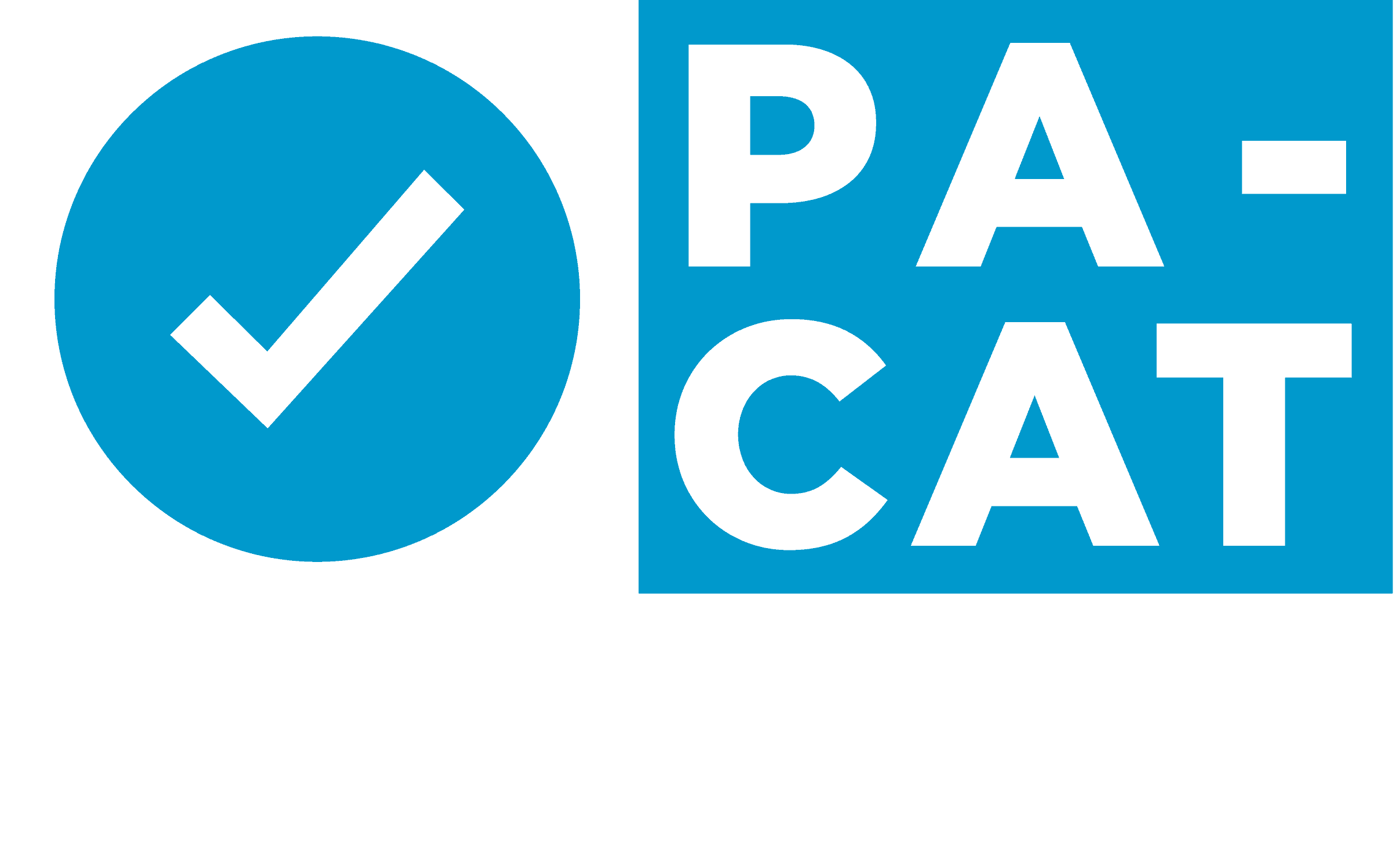
Exam Master Corporation Selects Pearson VUE as Exam Delivery Provider for the PA-CAT
Exam Master Corporation Selects Pearson VUE as Exam Delivery Provider for the PA-CAT
Exam Master collaborated with the physician assistant educational community to develop the PA-CAT specifically for use by physician assistant educators and their admissions departments as part of a holistic admissions process. The PA-CAT assesses admission candidates’ PA curriculum readiness using 240 single-best-answer test items spanning nine foundational prerequisite subjects. The PA-CAT has been administered to thousands of admissions candidates applying to physician assistant school since its release in May of 2020.
“Delivery of the PA-CAT through Pearson VUE’s in-person testing centers and online-exam delivery system will provide access to more testing options as well as expanded customer service support for our candidates taking the PA-CAT. Partnering with Pearson VUE, which understands both the highstakes exam delivery environment and medical education licensure exams, provides Exam Master with a world-class partner to help us support and expand the PA-CAT within physician assistant education.”
-Claudia Biester, Director of Client Services, Exam Master
Pearson VUE is a global leader in computer-based testing for medical/healthcare industry certification and licensure, delivering millions of exams annually at over 5,500 test centers worldwide, and through its online-exam delivery service, OnVUE. Pearson VUE is the largest provider of proctored high-stakes tests in the United States, and delivers many of the medical community’s licensure exams, including the MCAT, the PANCE exam, and now the PA-CAT.
“We are honored to partner with Exam Master to deliver the PA-CAT. Pearson VUE has extensive experience delivering not only academic admissions tests but also high-stakes professional licensing exams for the medical and healthcare industry both through our global test center network and also through OnVUE, and we are confident that this partnership will provide PA-CAT candidates with an exceptional examination experience.”
-Eric D’Astolfo, Vice President of Business Development, Pearson VUE
Pearson VUE is the largest provider of proctored high-stakes tests in the United States, and delivers many of the medical community’s licensure exams, including the MCAT, the PANCE exam, and now the PA-CAT.
Read a variety of research and program reports for the PA-CAT here.


